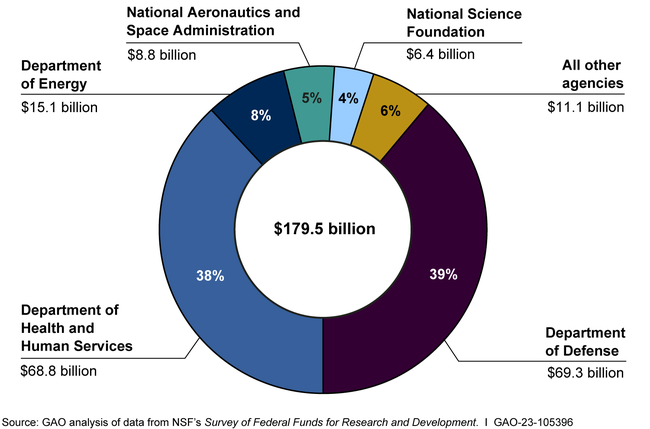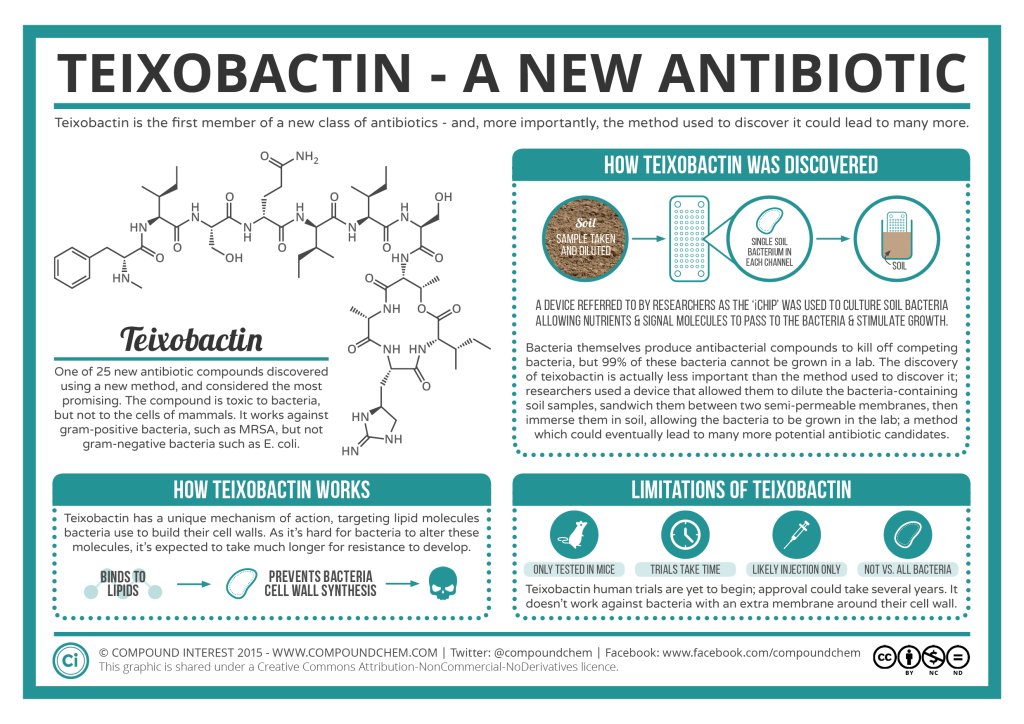Federal research grants play a crucial role in advancing scientific knowledge, particularly in the realm of public health. For researchers like Karen Emmons and Jorge Chavarro, securing such funding can be a transformative achievement, allowing them to pursue groundbreaking projects aimed at improving community health and preventing diseases like cancer. The process, while fraught with research funding challenges, ultimately fosters innovation by encouraging scientists to develop robust NIH grant applications that are well-researched and meticulously detailed. With increasing competition and limited resources, funding opportunities for scientific research grants are more vital than ever, as they enable researchers to explore vital areas like nutrition and human reproduction. Thus, obtaining federal research grants not only supports individual investigators but also contributes to the broader public health landscape, paving the way for advancements that benefit us all.
When researchers seek financial backing for their studies, they often turn to government-sponsored initiatives known as federal research funding. This vital support is instrumental for those tackling significant societal issues, offering a pathway for scientists to engage in essential projects like cancer prevention research and public health initiatives. Facing various research funding challenges, scholars must craft compelling proposals that resonate with review committees, ensuring that their work aligns with national health priorities. Grant applications often require detailed descriptions and justifications, emphasizing the importance of innovative ideas grounded in scientific evidence. Ultimately, the act of securing these funds propels essential research forward, benefiting both the scientific community and society at large.
The Importance of Federal Research Grants in Public Health
Federal research grants play a crucial role in advancing public health initiatives and scientific discoveries. These grants provide essential funding for researchers to conduct studies that address pressing health issues, such as cancer prevention, neurodegenerative diseases, and nutrition-related health outcomes. For many scientists, securing a federal grant is not only a milestone in their careers but also a validation that their work can lead to meaningful solutions for public health challenges. The National Institutes of Health (NIH), for instance, is one of the largest sources of public health funding, catering to a wide range of research topics aimed at improving health outcomes and practices across communities.
In the landscape of scientific research, federal grants are often seen as the gold standard. They come with a rigorous application process, ensuring that only the highest quality research proposals are funded. Researchers like Karen Emmons emphasize the significance of these grants, pointing out that they enable scientists to explore innovative approaches to health issues that disproportionately affect underserved populations. The ability to conduct thorough research not only enhances scientific knowledge but also translates to practical applications that can save lives.
Frequently Asked Questions
What are federal research grants and how do they relate to public health funding?
Federal research grants are funds awarded by government agencies like the National Institutes of Health (NIH) to support scientific research projects. These grants are vital for public health funding as they enable researchers to explore health-related questions, develop innovative solutions, and ultimately improve population health. They play a crucial role in addressing health disparities and supporting research on diseases such as cancer.
How can I increase my chances of securing an NIH grant application?
To increase your chances of securing an NIH grant, it’s essential to thoroughly prepare and understand the application process. This includes developing a clear research hypothesis, forming collaborative partnerships, and ensuring your methodology is robust. Additionally, staying updated on NIH priorities and aligning your proposal with their goals can make your application more appealing.
What are the common challenges researchers face with research funding challenges?
Researchers often face various funding challenges, including increasing competition for limited federal research grants, rising costs associated with conducting studies, and the lengthy application processes. Furthermore, fluctuations in governmental policies and funding priorities can disrupt established research agendas, making it crucial for researchers to be adaptable and persistent in securing funds.
What types of scientific research grants are available for cancer prevention research?
There are several types of scientific research grants available for cancer prevention research, including R01 grants from the NIH, which support health-related research projects. Other options include R21 grants for exploratory research and specialized funding opportunities from organizations like the American Cancer Society. Researchers focusing on cancer prevention can also seek grants tailored to public health initiatives and community-based studies.
How do I navigate the federal research grant application process?
Navigating the federal research grant application process involves multiple steps: identifying appropriate grants, developing a compelling research proposal, forming collaborations, and preparing necessary documentation. Start with a detailed plan outlining your research objectives, methodology, and expected outcomes. It’s also beneficial to seek feedback from experienced colleagues and to participate in workshops or training offered by grant agencies.
What should I include in my research proposal to enhance its competitiveness?
To enhance the competitiveness of your research proposal for federal research grants, include a compelling rationale that highlights the significance of your research question, a detailed methodology showcasing innovative approaches, and a well-justified budget. Additionally, demonstrate the potential societal impact of your research, particularly in areas like public health or cancer prevention.
What is the role of peer review in the federal research grant funding process?
Peer review is a critical component of the federal research grant funding process. Once submitted, applications are evaluated by Scientific Review Groups comprised of volunteer scientists who assess proposals based on merit, innovation, and significance. This ensures that only the highest quality applications receive funding, which upholds the integrity and effectiveness of public health funding.
What are the implications of federal funding freezes on public health research?
Federal funding freezes, such as those imposed in recent political climates, can severely disrupt ongoing public health research projects. Delays in grant disbursement can halt critical studies on diseases, prevent the initiation of new research, and impede the advancement of public health knowledge. This can ultimately delay healthcare improvements and innovations important for societal well-being.
How can researchers address budgetary constraints when applying for federal research grants?
Researchers can address budgetary constraints when applying for federal research grants by providing a detailed justification for each budget item, demonstrating the necessity of their proposed expenses. It’s also important to explore cost-effective solutions, such as leveraging existing resources or seeking additional funding from other sources to complement federal grants.
| Key Points | Details |
|---|---|
| Importance of Federal Research Grants | Grants are crucial for public health researchers, allowing them to make significant contributions to society. |
| Historical Context | Karen Emmons’ experience reflects the rewarding journey of obtaining grants, significant for advancing research careers and public health. |
| Impact of Grant Freezes | The Trump administration’s funding freeze on Harvard disrupted critical health studies, raising concerns about research integrity. |
| Application Challenges | Writing grant applications is a long, meticulous process requiring innovation, evidence, and collaboration. |
| Success Rates | Success rates for major grants, like R01 at NIH, are low, illustrating the competitiveness of securing funding. |
| Contribution to Public Good | Researchers believe that federal funding is essential for public health, contributing to societal welfare and medical advancements. |
Summary
Federal research grants play a crucial role in the advancement of public health initiatives. As highlighted in the experiences of researchers like Karen Emmons and Jorge Chavarro, these grants not only facilitate groundbreaking studies but also represent a commitment to societal well-being. The challenges posed by funding freezes underscore the importance of maintaining a robust support system for scientific research. Without federal research grants, the potential for discovering life-saving treatments and advancing public health is significantly hindered.




